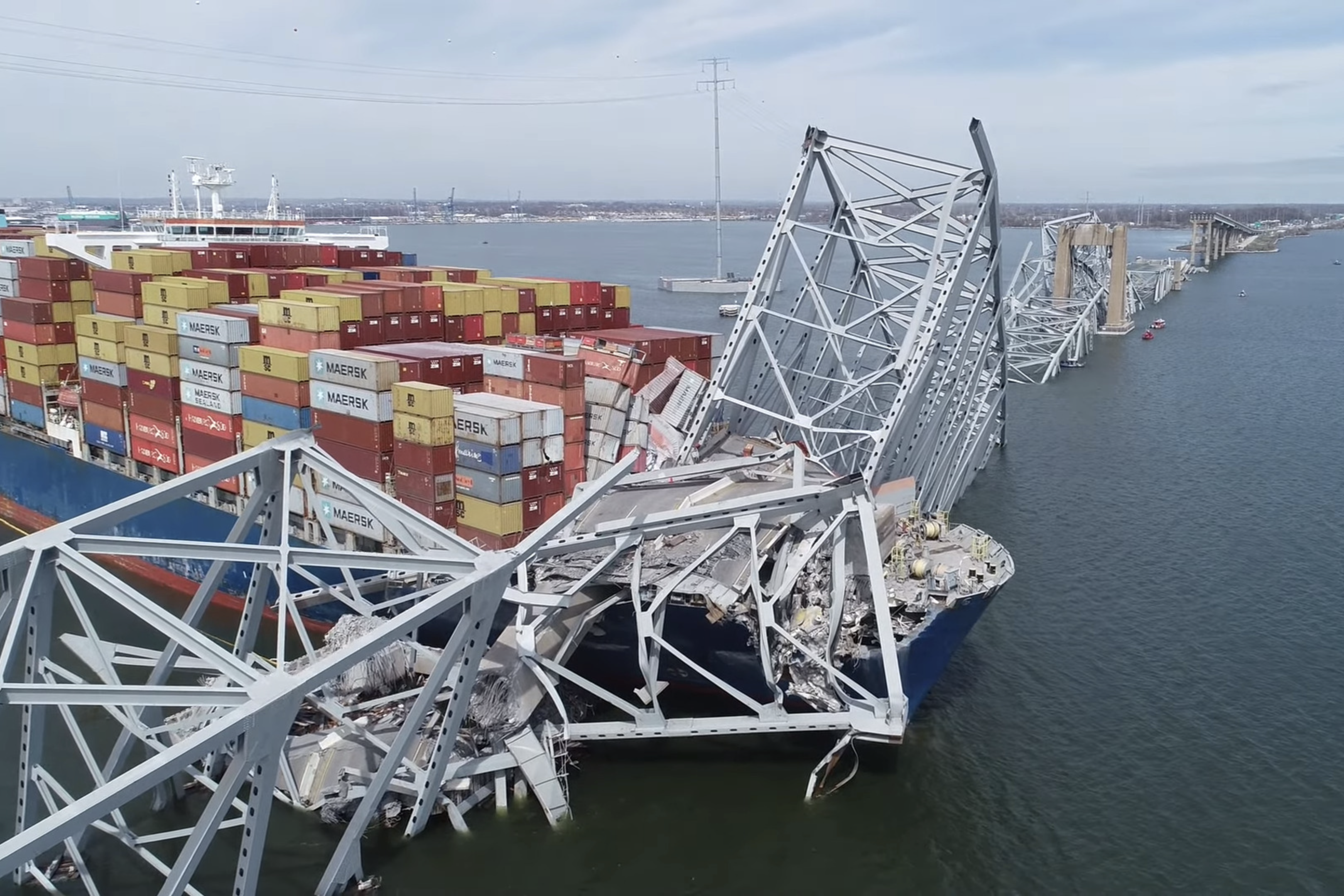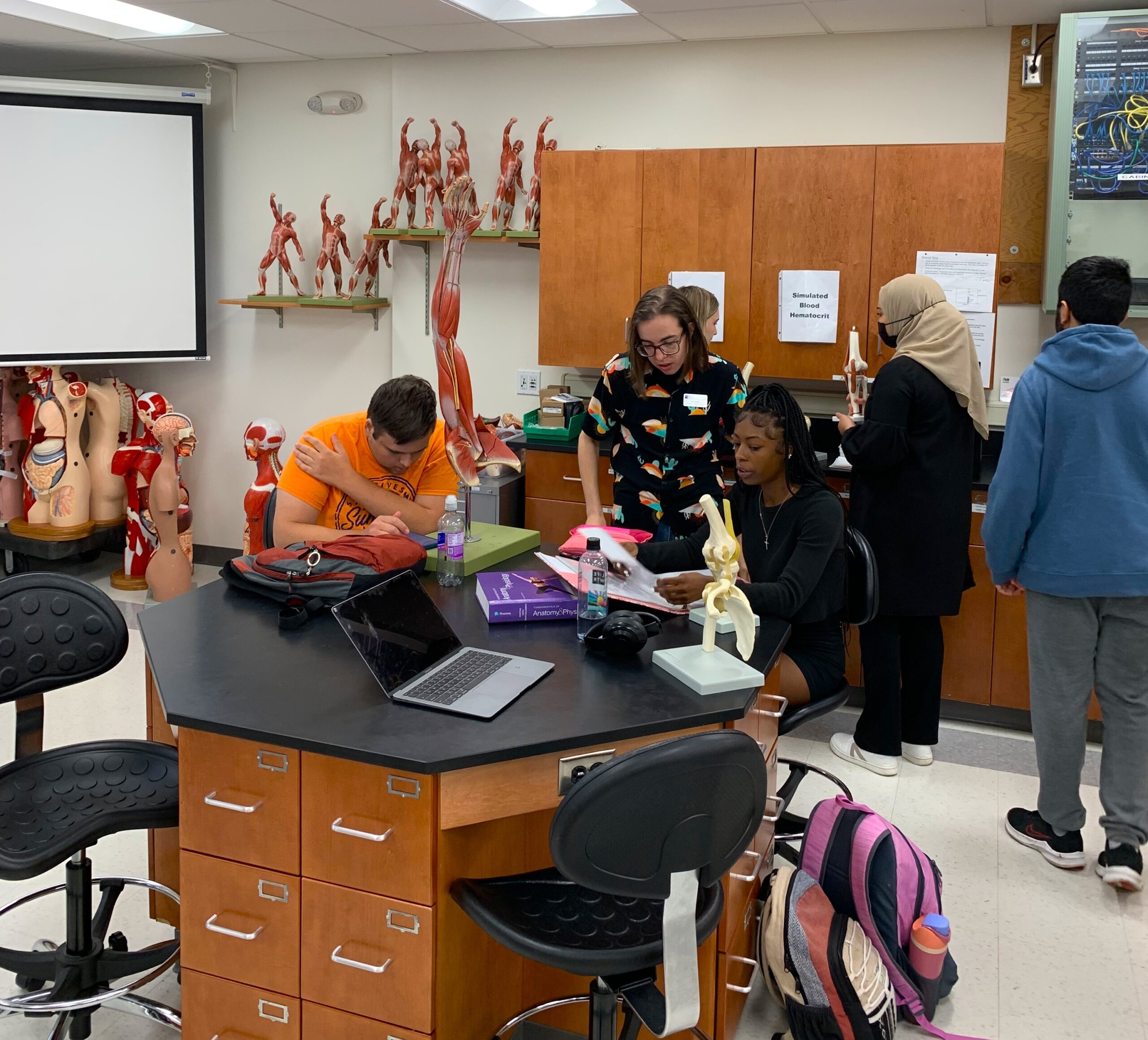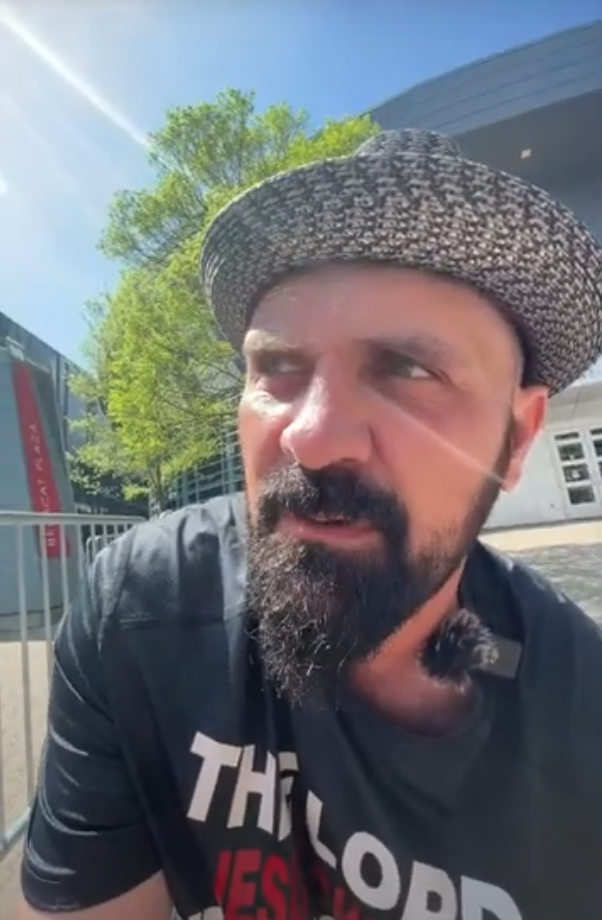Leaders Focus on How to Assist Students
By: Bri Heaney, News Editor
STLCC’s switch to solely online classes presented itself with its own unique challenges for students, teachers, and administrators alike. Some of the challenges are logistical: getting equipment out to students who need them and helping students access resources like free Wi-Fi. Some are monetary, like helping students access resources like free Wi-Fi, and some challenges that people like Felicia Moore-Davis, Meramec’s president, is experiencing are about the community.

Felicia Moore-Davis.
“It has been challenging; one of the things as we have been moving things online is making sure faculty have what they need and students have what they need,” said Moore-Davis. “And ensuring that we stay connected, we are connecting with people even though virtual, that we still have these connections.”
Moore-Davis said the most important thing for her logistically is making sure students get what they need in a timely fashion. Davis has been part of a cross functional effort to get students the help they need while working with the college administration, the library and the IT department.
“This week I am hopeful that we will be completing our laptop project for those who need laptops. The library and IT staff are shipping and receiving,” said Moore-Davis.
One of the library staff members who is helping allocate resources to students is Sara Smith. She encourages students to reach out to library staff for technological or informational needs.
“The librarians are helping guide students to resources that are online,” said Smith. “I encourage all students who are working on any type of assignment where they need to find information to visit the library’s website and receive some assistance with the ask a librarian link.”
The school has distributed 200 of their 700 available laptops, and has another 110 going out this week, according to both Smith and Moore-Davis.
All STLCC college students will be using their computers this semester to finish their coursework, and this according to Moore-Davis, might increase the amount of students in the fall who are willing to take online classes.
“We saw this trend before COVID-19, that the world was looking for a degree of convenience.
I think after this we will see a greater trend,” said Moore-Davis.
She said that she predicts an increase in hybrid classes as students, after this crisis passes, will be craving some level of face to face interactions in class, but will enjoy the convenience of online classes.
“You know what I would like to do is close to the end of this is get a student assessment of what we could do better and what they would like to do better,” said Moore-Davis. “We are accessing if all of our classes can and should be offered online.”
One student, Olivia Biundo, who was taking both in person and online classes before campus closures said that going completely online has been difficult for her.
“I am taking anatomy and physiology and aspects of aging- which is already an online class,” said Biundo.
She said she doesn’t mind online classes but that this was a class that she specifically wanted to take in person, namely due to the lab element.
“It’s frustrating and it’s a lot harder online,” says Buindo. “Just with the lab, not having any physical objects to use, that is what is really hurting me right now.”
Biundo’s teacher hosts a Blackboard Collaborate session once a week to go through the PowerPoint and address any questions, something that Buindo said has been helpful.
It is these interactions that Moore-Davis said are the most important part of this transition to her, making sure students know that they are not alone and that there is a support system throughout the school to help them.
Moore-Davis is currently planning a Blackboard Collaborate session for Meramec that would let students know that they are there as well as receive some feedback from students.
“We do still need to do that, to let students know that we are still connected and that people are still here who care what they are experiencing and what we can do to get through this,” said Moore-Davis.
For Moore-Davis, she said the hardest part has been the cancellation of graduation.
“For me at this particular point the most disappointing thing for me is the postponement of the graduation. It does look like it will be in the fall; I do think that will be one of the greater disappointments,” said Moore-Davis.
She said it is hard because she knows how hard many students worked for this accolade, but she wants to see if there is any way to do it virtually.
All in all, Moore-Davis said that despite the many setbacks this crisis has presented, she thinks that the student community can and will get through this.
“Much like the rest of the county,” said Moore-Davis, “I have found that as a campus community we are resilient. We will get through this.”











